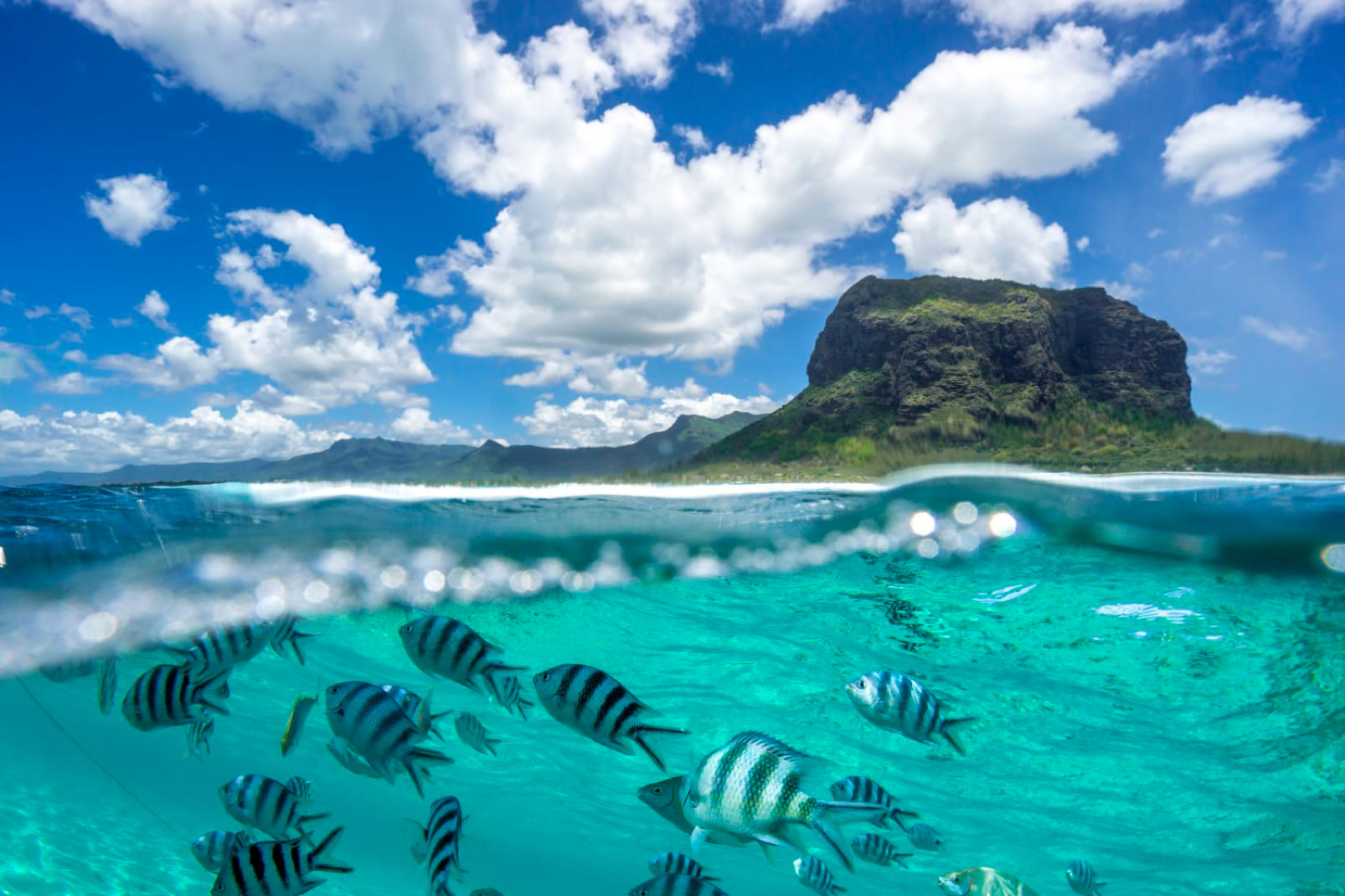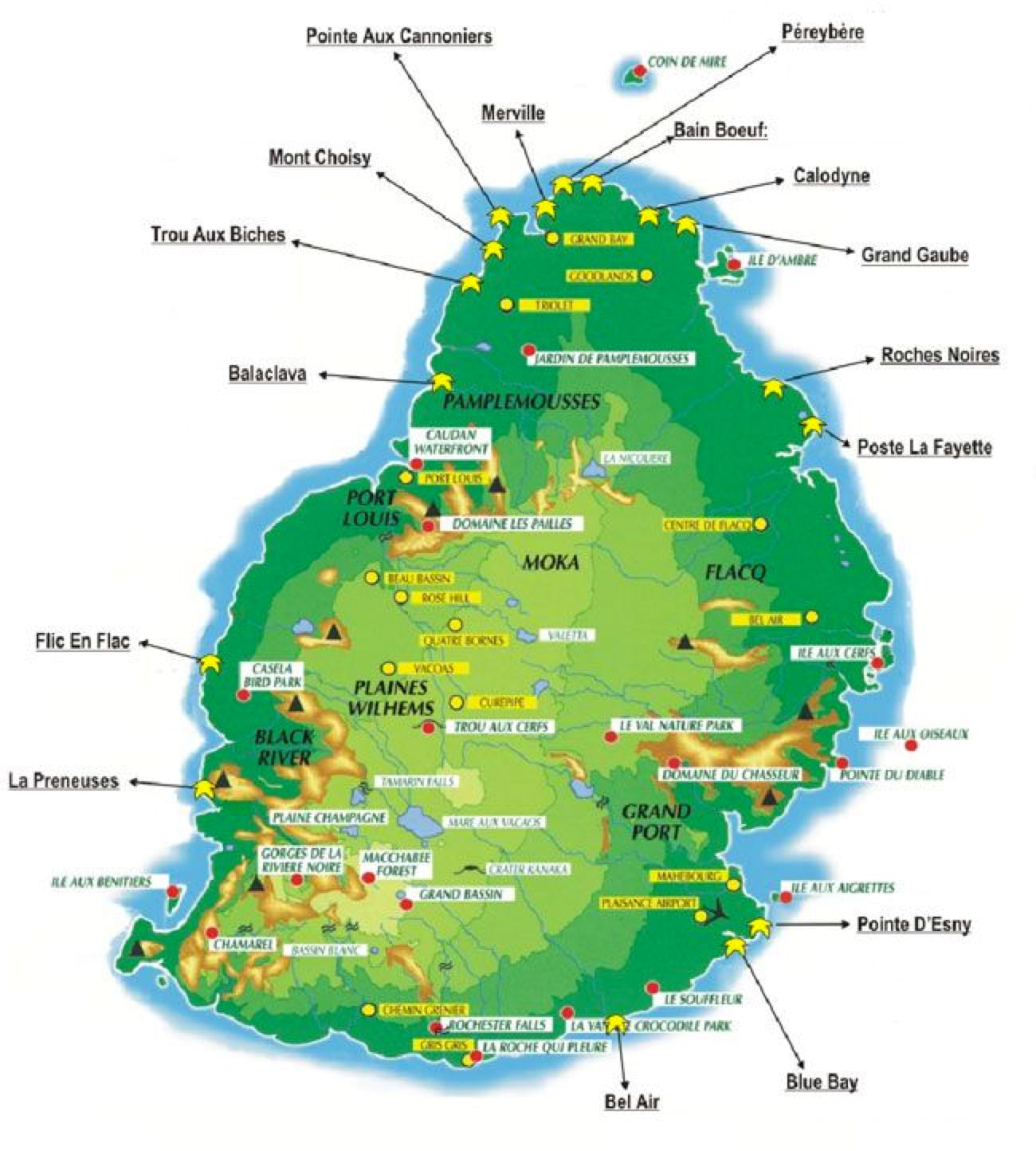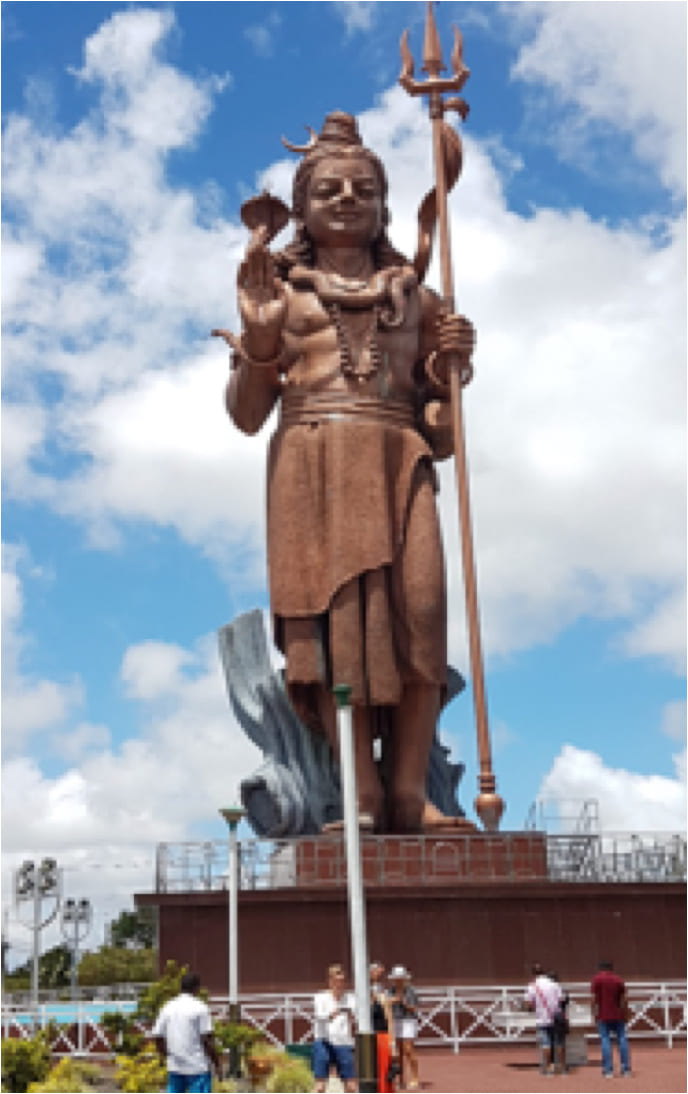Mauritius was first discovered by the Arabs as early as in the 10th century, but officially explored by the Portuguese in the 16th century and subsequently settled by the Dutch in the 17th century. The Dutch were the ones who named the island in honor of Prince Maurits van NASSAU.
Mauritius was occupied successively by the Dutch (1598-1712) and later by the French (1715-1810).
The French assumed control in 1715, developing the island into an important naval base overseeing the Indian Ocean trade, and establishing a plantation economy of sugar cane.
The British captured the island in 1810, during the Napoleonic Wars through the Treaty of Paris. Mauritius remained a strategically important British naval base, and later on, an air station playing an important role during World War II for anti-submarine and convoy operations, as well as the collection of signals intelligence. On 12 March 1968, Mauritius became Independent.
When visiting Mauritius, you are sure to benefit from an amazing selection of almost 200 activities, attractions and places of interested all waiting to discovered.
From more traditional museums, parks and reserves, to extreme activities, sea cruises, island trips and many more, you will find it all!
Hindu, Christian, Muslim faiths are all prevalent on the island, as well as old Chinese customs
It is wise to stick to bottled water for drinking purposes.
The electrical supply is 220V AC, 50Hz. The plugs used in most hotels are three pin, although two-pin plugs are also used.
The local people generally eat spicy food - curry is very popular, served with rice or roti (a flat Indian bread). Hotels and restaurants offer a range of foods including Chinese, Indian and Creole. European style food is available, and seafood is a speciality in many places.
The island is a peaceful place, but, as with many international tourist destinations, caution should be exercised with valuables and normal safety precautions should be taken.
A valid passport and a return or onward ticket is a must for travellers entering Mauritius. Visas are not required by those from a Commonwealth country, Japan, South Africa, the USA, the EU and the Scandinavian countries. Those that do require a visa can usually obtain one for three months, and they are renewable on request. Mauritian Embassies and High Commissions issue visas free of charge. Passengers in transit require no visas but they must continue their journey within 72 hours of checking in.Tourists from 21 different countries require a visa to enter Mauritius prior to embarking on the plane.
For additional details you can access the following website: http://passport.govmu.org
Mauritius is well serviced by a number of main airlines. Air Mauritius has weekly flights to and from many European cities as well as to and from the major African cities including Antananarivo, Cape Town, Durban, Maputo, Harare, Johannesburg, and Nairobi. In addition, there are flights to and from Bombay, Delhi, Chennai, Hong Kong, Jakarta, Kuala Lumpur, Melbourne, Perth and Singapore. British Airways, Air France, Singapore Airlines and South African Airways operate weekly flights. A prime destination, Mauritius is only some 12 hours flight from Europe and about 4.5 hours from Johannesburg, South Africa.
An international vaccination certificate against yellow fever is required if visitors are from an infected area. More details on entry requirements can be obtained from the health office in Port Louis on the following website http://health.govmu.org/. While there is a small risk of contracting malaria, it is exclusively the benign form (phalcipirum vivax) that exists throughout the year in some areas.
The unit of currency is the Mauritian Rupee (MRs), which is made up of 100 cents. Travellers cheques can be exchanged at hotels, banks and authorised dealers in foreign currency. Travellers cheques in Pounds Sterling and Euros are preferred. Major credit cards are accepted throughout the island, such as Visa, Access MasterCard, American Express and Diners Club.
These rates are indicative and are subject to daily fluctuations.
1 US Dollar - 34 MUR
1 Pound Sterling - 44 MUR
1 Euro - 38 MUR
1 South African Rand 2.10 MUR
Tropical clothing such as light weight cotton or linen suits, dresses or short-sleaved clothes are most suitable. Otherwise, dress is casual although most hotels do not allow guests to wear shorts or T-shirts in the restaurants or bars in the evenings. Between June and October, a jacket or tracksuit top is recommended. Dress appropriately when visiting religious shrines and remove shoes when entering mosques and temples.
Details on weather is available on the website http://metservice.intnet.mu
Police: 999 / 112
Ambulance: 999 / 114
Fire: 995 / 115
Information: 150 /152
Mauritius is four hours ahead of Greenwich Mean Time and three hours ahead of mid-European Time (2 hours difference during the winter time, and 4 hours difference during the summer time).
Mauritius has international direct dialing facilities to most parts of the world as well as high speed fax and Internet services.
Driving is on the left, with priority to the right.
The country telephone code is +230 and there are no area codes. Public telephone booths can be found at the airport and larger hotels. Fax facilities are available at most hotels. E-communication is also available.



